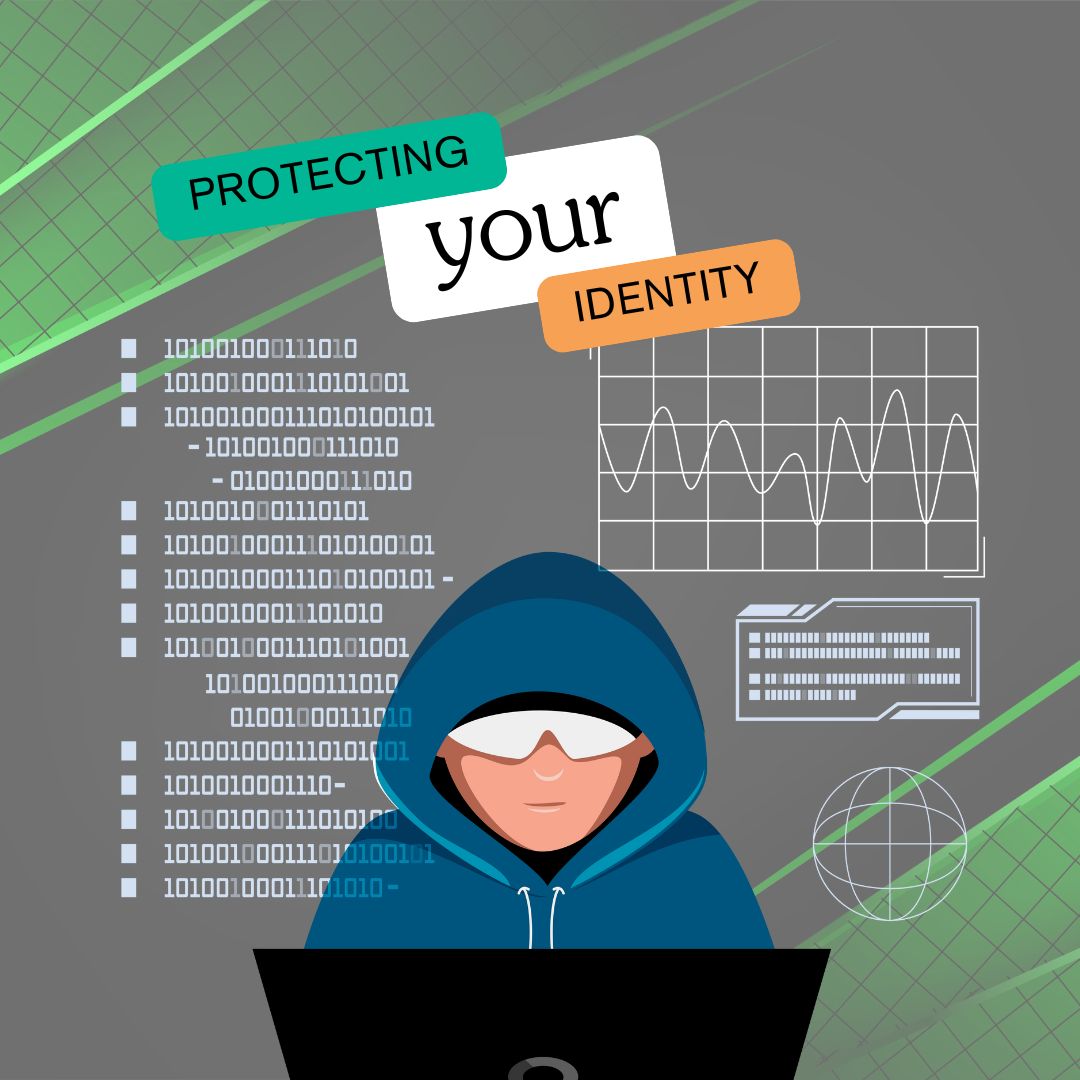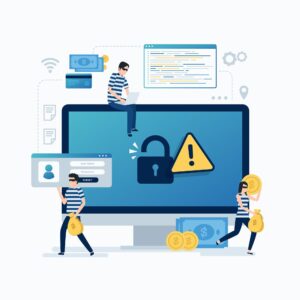Protect Your Personal Information: Prevention and action
In today’s digital age, the security of our personal information is more important than ever. From financial records to sensitive emails, our data holds the key to our identities, making it a prime target for cybercriminals. If your personal information falls into the wrong hands, it can lead to devasting consequences, including identity theft and financial loss.
Recognising the threat and Protect your personal information
One of the most significant risks to our personal information is identity theft. This occurs when someone obtains and uses your personal information without your consent, often for financial gain. The signs of identity theft may not always be obvious, but there are some red flags to watch out for.
Take Action
if you suspect that your identity has been stolen it’s crucial to act swiftly to minimise the damage. Here are some steps you can take:
- Contact Your Bank: Notify your bank immediately to block any unauthorised transactions and cancel any compromised cards.
- Reach out IDCARE: IDCARE offers specialised support for identity theft victims, helping to develop a plan to mitigate the impact of the data breach.
- Change your passwords: Update your passwords for all your online accounts, including social media and banking platforms, to prevent further unauthorised access.
- Report the Fraud: Inform the authorities by reporting the incident to ReportCyber and relevant websites if your personal information has been used unlawfully.
- Alert Family and Friends: if your social media or email accounts have been compromised, warn your contacts to prevent further spread of the breach.
- Utilise Scamwatch: Report the scam to Scamwatch, contributing to their efforts in raising awareness and preventing future incidents.
Prevention Measures
Prevention is a key to safeguarding your personal information from identity theft. Here are some proactive measures you can take:
- Use Strong Passwords: Create complex passwords using a mix of letters, numbers and symbols to enhance security.
- Shred Documents: Dispose of sensitive documents properly by shredding them before discarding them to prevent dumpster diving. Visit ShredFinder to compare local shredding companies.
- Exercise Caution on Public Computers: Clear your browsing history and log out of accounts when using public computers to prevent unauthorised access.
- Be Mindful on Social Media: Avoid oversharing personal information on social platforms, as this can be exploited by scammers.
- Install Security Software: Use antivirus software to protect against malware and phishing attempts that could compromise your data.
- Monitor Your Bank Transactions: Regularly review your bank statement and online accounts for any suspicious activity.
- Request Credit Reports: Obtain copies of your credit report to detect any unauthorised activity and request temporary bans if needed.
- Secure Your Email: Protect your physical mail by using a locked mailbox to prevent theft of sensitive documents.
Conclusion
Identity theft can have far-reaching consequences, affecting your finances reputation, and peace of mind. By staying vigilant and taking proactive measures to protect your personal information, you can reduce the risk of falling victim to identity theft. Remember, prevention is always better than cure when it comes to safeguarding your identity in today’s digital age.





